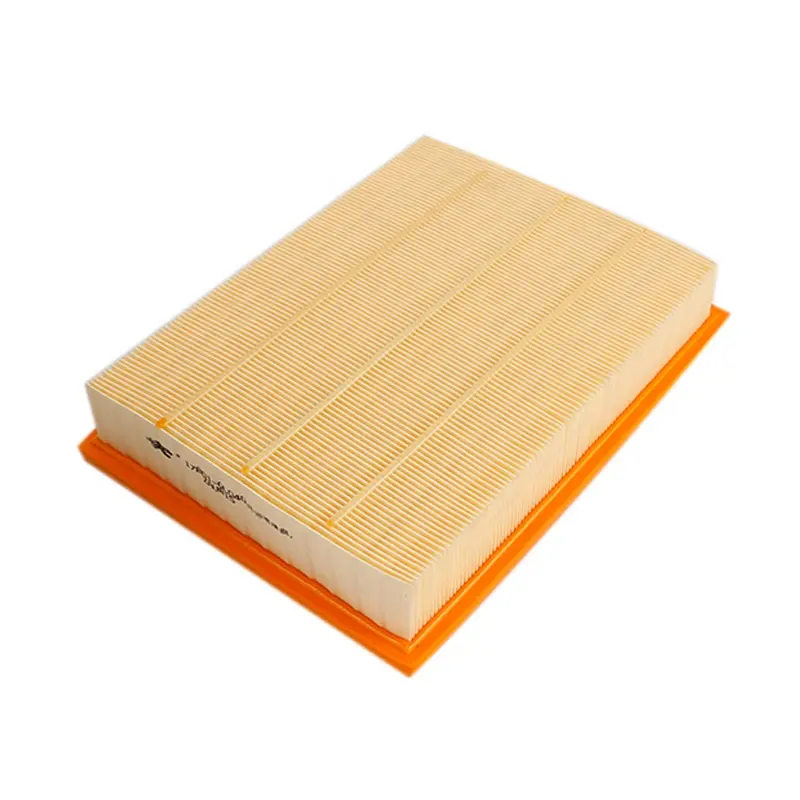Dec . 05, 2024 05:52 Back to list
bmw cabin air filter
Understanding BMW Cabin Air Filters Importance, Maintenance, and Benefits
When it comes to vehicle maintenance, many car owners focus on engine oil, brakes, and tires. However, one essential component that often goes overlooked is the cabin air filter. For BMW owners, understanding the significance of the cabin air filter can enhance driving comfort and ensure a healthier environment within the vehicle. In this article, we will explore what the cabin air filter is, its importance, and how to maintain it effectively.
What is a Cabin Air Filter?
A cabin air filter is a vital component of your vehicle's ventilation system. Its primary role is to filter the air entering the cabin of your BMW, ensuring that pollutants, allergens, and other harmful particles do not make their way inside. This is particularly important for maintaining good air quality, especially for individuals with allergies or respiratory issues.
Cabin air filters are typically located behind the glove compartment or underneath the dashboard. They trap dust, pollen, mold spores, and other contaminants. Over time, these filters become clogged and lose their effectiveness, requiring regular replacement as part of routine maintenance.
Importance of a Cabin Air Filter
1. Improved Air Quality The primary benefit of a functioning cabin air filter is the enhancement of air quality within the vehicle. By filtering out harmful particles, it helps create a healthier environment for occupants, reducing the risk of allergies and respiratory issues.
2. Comfortable Driving Experience A clean cabin air filter ensures that your heating, ventilation, and air conditioning (HVAC) system operates efficiently. This means better performance in both heating and cooling settings, allowing you to maintain a comfortable temperature regardless of external weather conditions.
3. Protection of HVAC System A clogged cabin air filter can lead to reduced airflow, putting extra strain on your HVAC system. Over time, this can lead to mechanical failures, resulting in costly repairs. Regular replacement of the cabin air filter helps prevent such issues by ensuring optimal airflow.
4. Reduced Odors A dirty cabin air filter can contribute to unpleasant odors inside your vehicle. An effective filter helps prevent the buildup of mold and mildew, which can produce musty smells. By replacing the filter regularly, you can maintain a fresh and pleasant atmosphere inside your BMW.
Maintenance and Replacement
bmw cabin air filter

The frequency of cabin air filter replacement can vary based on several factors, including driving conditions and personal preferences. However, a general guideline suggests replacing the cabin air filter every 15,000 to 30,000 miles, or at least once a year.
BMW vehicles generally have a more sophisticated system that alerts drivers when the cabin air filter needs attention. It is essential to be aware of these indicators and check the owner's manual for specific recommendations pertaining to your model.
When replacing the cabin air filter, follow these basic steps
1. Locate the Filter Depending on the model, access the filter by either opening the glove compartment or removing a panel under the dashboard.
2. Remove the Old Filter Take out the old filter carefully, noting its orientation. It's crucial to install the new filter in the same direction to ensure proper airflow.
3. Install the New Filter Place the new filter in the same position as the old one, ensuring it fits snugly.
4. Reassemble the Panel If applicable, put back any panels or the glove compartment that were removed during the process.
5. Check for Good Airflow Once replaced, turn on the HVAC system to confirm that airflow is smooth and unobstructed.
Conclusion
In summary, the cabin air filter is an essential component of your BMW that significantly impacts the comfort and health of its occupants. Regular maintenance and timely replacement of the cabin air filter ensure that you enjoy clean air and an efficient HVAC system. By making cabin air filter care a priority, BMW owners can enhance their driving experience and promote better vehicle performance. Remember, a small step in maintenance can yield substantial benefits in comfort and health while driving.
-
China Cabin Filter Supplier: High-Quality Car & Oil Filters Manufacturer
NewsJul.28,2025
-
High-Performance Automobile Fuel Filter for Clean Engine Power
NewsJul.28,2025
-
Reliable China Fuel Filter Supplier for Automotive & Industrial Needs
NewsJul.27,2025
-
High Quality China Brand Car Air Filter & Auto Filters Supplier
NewsJul.26,2025
-
High-Quality Fuel Filter for Cars – Durable, Efficient Spin On Fuel Oil Filter
NewsJul.25,2025
-
China Cabin Filter Supplier – Premium Auto Air & Oil Filters Exporter
NewsJul.24,2025


